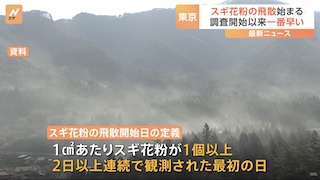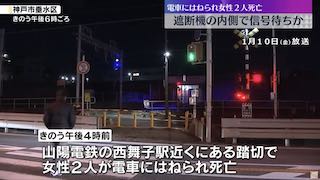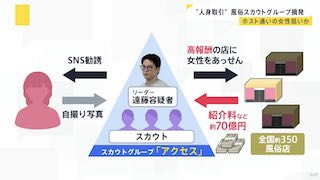May 14 (Nikkei) - The Japanese government will inject cash into large and mid-size corporations that are struggling in the face of the coronavirus, supplementing low-interest loans and subsidies already in place to help save businesses.
The capital injections will be designed as a safety net in case negative impacts from the pandemic drag on or worsen. The idea is to create measures companies can easily take advantage of, so they can receive help quickly.
"We are looking to help industries that face plunging demand, like aviation, automobiles and steel," a government source said. Major sectors, such as the auto supply chain, encompass a range of companies from small businesses to the largest corporations -- all of which would be affected should just one of them fail.
Specifically, the government plans to provide subordinated loans through state-backed institutions like the Development Bank of Japan and the Japan Finance Corp. For companies whose finances have rapidly declined, the purchase of preferred stocks with no voting rights will also be considered. One proposal is to combine preferred stock purchases by the DBJ with a voting stake taken on by the Japan Investment Corp.
Subordinated loans and preferred stocks allow companies to raise capital without a significant increase in outside influence, making them a more palatable option than common stocks. They could also help companies prevent a downgrade to their credit ratings and access additional financing from private-sector banks.
Funding for these measures will be incorporated into the second supplementary budget for fiscal 2020 to be drafted as early as this month. The agencies involved will make necessary preparations by summer.















